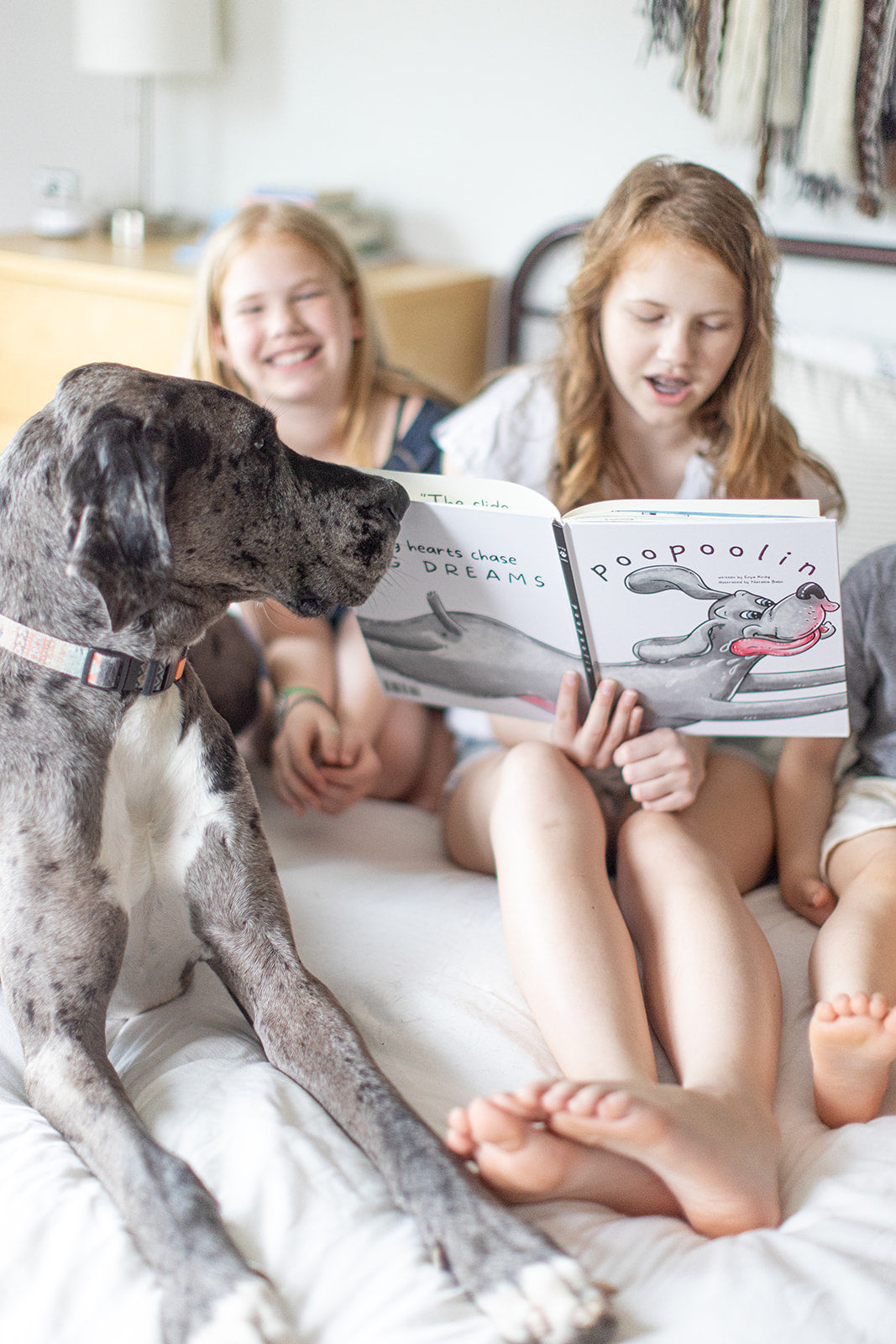Play is an essential part of childhood, and it's not just about having fun. It plays a significant role in a child's social development, helping them build vital skills that are crucial for interactions with others. Toys, with their ability to engage, stimulate, and inspire imagination, serve as powerful tools in enhancing social skills. So let's explore how toys can positively impact a child's social development and foster important social skills.
-
Encouraging Cooperation and Collaboration: Many toys are designed to be enjoyed with others, encouraging children to collaborate and work together. Building blocks, board games, and pretend play sets provide opportunities for children to practice taking turns, sharing, and cooperating with their playmates. Through these experiences, children learn the importance of teamwork and develop essential skills such as negotiation, compromise, and problem-solving.
-
Fostering Communication and Language Skills: Toys that promote storytelling, role-playing, and pretend play are powerful vehicles for developing communication and language skills. Dolls, action figures, play kitchens, and puppets encourage children to engage in dialogue, express their thoughts and emotions, and practice active listening. By playing out various scenarios, children learn to communicate effectively, understand different perspectives, and expand their vocabulary.
-
Developing Empathy and Emotional Intelligence: Toys provide a safe space for children to explore and understand emotions, both their own and those of others. Dolls, stuffed animals, and toy animals can become companions for imaginative play, allowing children to develop empathy and practice empathy, nurturing, and caregiving. These experiences help children recognize and understand different emotions, promoting emotional intelligence and empathy towards others.
-
Nurturing Problem-Solving and Conflict Resolution: Toys that present challenges and require problem-solving foster critical thinking and encourage children to find solutions independently or collaboratively. Construction sets, puzzles, and strategy games stimulate cognitive skills, logical thinking, and analytical abilities. When children encounter conflicts or disagreements during play, they are presented with opportunities to practice negotiation, compromise, and finding win-win solutions.
-
Building Self-Confidence and Social Interaction: Toys that encourage group play, such as sports equipment or team-based games, offer children the chance to develop self-confidence and improve social interaction. Participating in cooperative activities allows children to feel a sense of accomplishment, boosts their self-esteem, and helps them navigate social dynamics in a supportive environment. These experiences build resilience, social competence, and the ability to work effectively with peers.
Toys are not just objects of entertainment; they hold tremendous potential for fostering social skills and promoting healthy social development in children. By providing opportunities for cooperation, communication, problem-solving, empathy, and self-confidence, toys become powerful tools that facilitate learning and growth. As parents, caregivers, and educators, we should encourage playtime with a wide range of toys that engage children socially, nurturing their social skills and preparing them for a lifetime of meaningful relationships.

